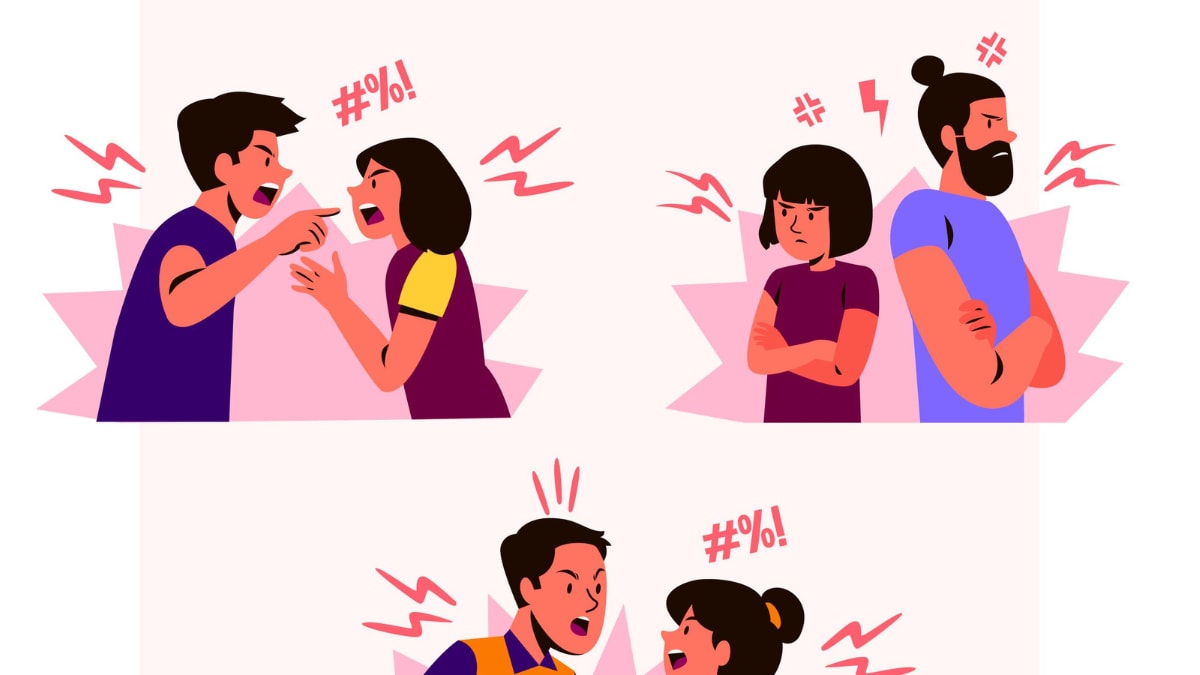
Verbal abuse consists of demeaning remarks, insults, criticism, threats, or yelling, mostly, with the intent to inflict pain, manipulate, or gain power over another person
Verbal abuse involves the use of words, tone, or language that belittles, humiliates, intimidates, or controls another person
Are we underestimating the power that words hold over us? Can words impose scars that are not visible to the naked eye?
The saying “Sticks and stones may break my bones, but words will never hurt me” fails to acknowledge the damaging potential of verbal abuse.
Verbal abuse occurs when words, tone, or language are used to belittle, humiliate, intimidate, or control another person. It comprises of demeaning remarks, insults, criticism, threats, or yelling, primarily with the intention of causing pain, manipulation, or gaining power over the individual. However, it extends beyond overt insults and direct attacks. It can also manifest silently through gaslighting, manipulation, or passive-aggressive behavior. Verbal abuse can transpire in various settings, such as personal relationships, workplaces, or social media interactions. Although it doesn’t leave physical bruises, its impact can be equally debilitating.
Kamini Wadhwani, a clinical psychologist at Lissun, states, “I have personally witnessed the devastating effects of verbal abuse on individuals. The constant barrage of insults, criticism, and demeaning language can deeply impact our self-perception, distorting our self-concept, and perpetuating a cycle of self-defeating beliefs. Over time, these states can lead to clinically significant anxiety, depressive disorders, and even post-traumatic stress disorder. The abuse experienced by survivors can echo in their minds, amplifying hypervigilance, flashbacks, emotional reactivity, and triggering intrusive thoughts along with other symptoms.”
How To Work Around Verbal Abuse?
The first step towards recovery is to seek support from trusted companions, family, or mental health professionals. “Mental health professionals can assist in addressing self-related concepts, restructuring negative thoughts, and developing healthy coping mechanisms. Additionally, learning to establish and enforce healthy boundaries, engaging in nurturing relationships, and building resilience can aid in overcoming the effects of verbal abuse,” adds Wadhwani.
Denial of responsibility! SamacharCentrl is an automatic aggregator of Global media. In each content, the hyperlink to the primary source is specified. All trademarks belong to their rightful owners, and all materials to their authors. For any complaint, please reach us at – [email protected]. We will take necessary action within 24 hours.

Hemalata Nehete celebrates the art of living well, exploring topics ranging from travel and fashion to home decor and culinary delights, offering inspiration for readers seeking a balanced and enjoyable lifestyle.


